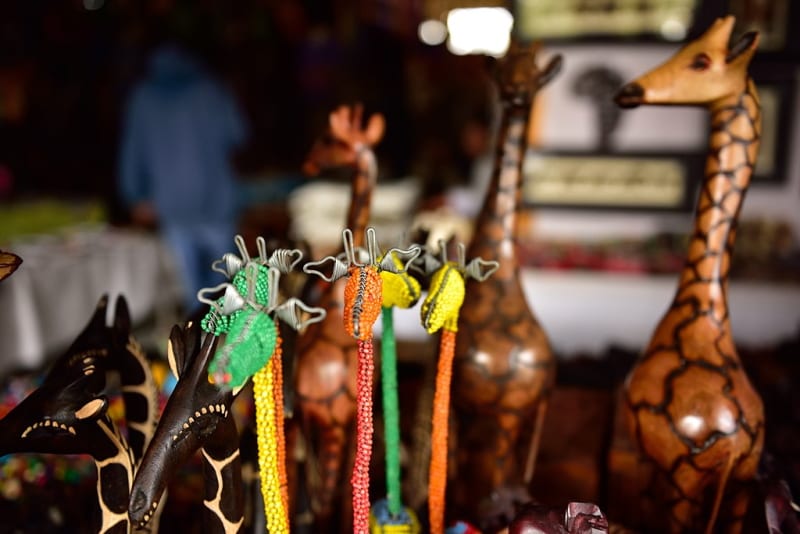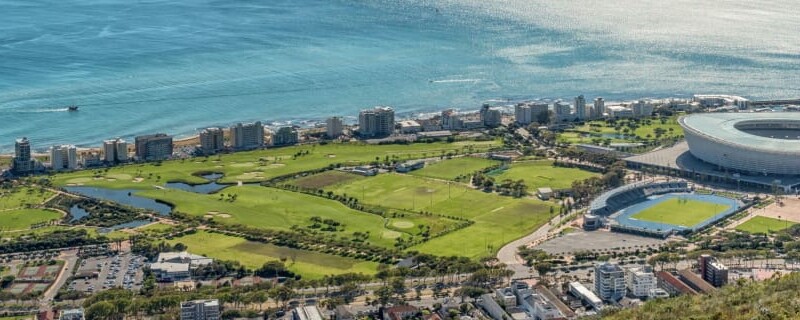SA Rugby and the British & Irish Lions have announced that the Castle Lager Lions Series will go ahead as planned in South Africa, in July and August 2021. However, no final decision has yet been made on whether spectators will be allowed into the stadiums.
“After reviewing information relating to the various contingency scenarios being considered, I can confirm that the Board’s intended position is for the Tour to go ahead as scheduled in South Africa in 2021,” said Jason Leonard, Chairman of The British & Irish Lions.
“We acknowledge that there is a significant amount of work still to be undertaken to deliver a robust Covid-19 countermeasure plan to ensure a successful, safe and uninterrupted Tour. SA Rugby will have our full support to help implement this plan.”
“After so many setbacks, this is finally some cause for celebration in the tourism industry, with the survival of several businesses resting on the decision for the Tour to go ahead as planned.”
David Frost, CEO of SATSA (Southern Africa Tourism Services Association), has waelcomed the announcement. He says, “After so many setbacks, this is finally some cause for celebration in the tourism industry, with the survival of several businesses resting on the decision for the Tour to go ahead as planned. We have no doubt that should they be able to travel, Lions fans can expect the warmest imaginable welcome, after more than a year of almost no inbound tourism, with the country’s wide open spaces offering a perfect tonic for months of being stuck indoors.”
He adds, “Our hope is that the Tour will provide us with the chance to convey the message to international governments that the pernicious labelling of the ‘South African variant’ is without merit and substance – and that it will give us some traction in our ongoing lobbying efforts for sense to prevail.”

Wooden and bead giraffe souvenirs at Chameleon Village, Hartbeespoort. Photo credit: Wikimedia.
Should spectators be allowed, an estimated 30 000 Lions fans are expected to arrive in South Africa, who will spend an average of R65 000 each. The economic benefit to the country will be in the region of R6 billion, in direct and indirect spend. The sectors other than tourism that stand to benefit from this include food and beverage, local crafters and street vendors, retailers and transport providers, amongst others.
The economic benefit to the country will be in the region of R6 billion, in direct and indirect spend.
In addition, a recent tourism survey of 165 respondents found that more than R9 million is planned for various social investment projects such as sports development and coaching, feeding schemes and child welfare initiatives.
The same survey also found that most Lions fans wanted to stay in South Africa for 14 nights on average, while 36% were planning to stay for three weeks or longer. During this time, they wanted to visit destinations such as the Cape Winelands, Mbombela, the Garden Route, Drakensberg, KZN Midlands and the Greater Kruger region. Many itineraries also included travel to Zimbabwe, Botswana, Namibia, Zambia and Mozambique.
Rosemary Anderson, Chairperson of FEDHASA (Federated Hospitality Association of South Africa), believes the Tour provides an opportunity for South Africa’s hospitality and tourism industry to showcase its ability to operate responsibly. She says, “We have had a great deal of time to ready ourselves as an industry, and FEDHASA has drawn up a robust set of protocols which we continue to urge our members, and others, to implement to ensure guest safety. The success of this event could result in positive spin-offs for years to come, as rugby spectators bring their families back to experience our warmth and hospitality.”
“We continue to urge Government to push forward with mass vaccination of the South Africa population, which will allay many potential travellers’ fears.”
She adds that progress on the country’s vaccination programme is likely to influence many fans’ final decision on whether to travel to South Africa or not; “We continue to urge Government to push forward with mass vaccination of the South Africa population, which will allay many potential travellers’ fears.”
READ: Hot topic: Should we use health passports for event access?





